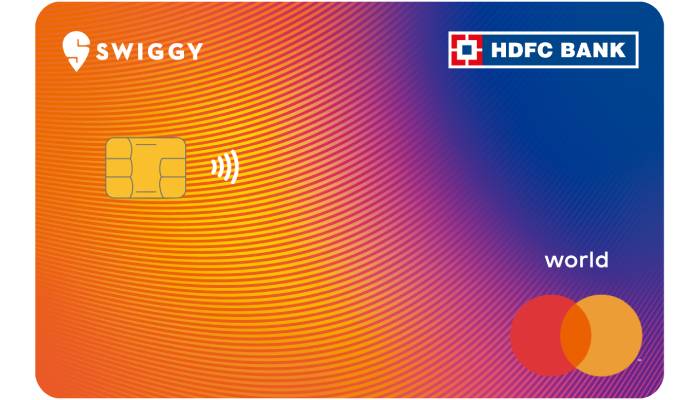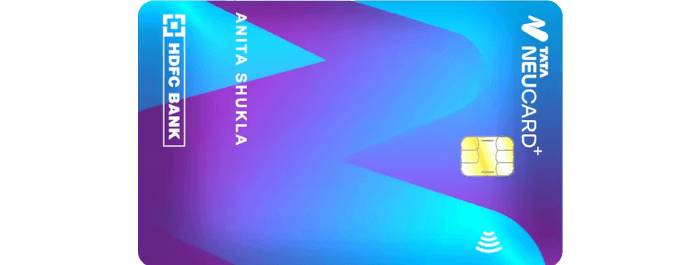
Improving your chances of getting a credit card with a low CIBIL score can feel daunting, but it’s not impossible. First, understanding your CIBIL score is crucial; it’s your financial report card, and a higher number means you’re seen as more trustworthy. Consider options like secured credit cards or add-on cards from family members with better scores. You might also look into credit cards against fixed deposits or salary accounts, which could simplify approval processes. To boost your score, focus on timely bill payments and keep credit usage low. With consistent, responsible habits over time, you’ll likely see improvements in both your score and chances of getting that much-needed card.
1. Understanding Your CIBIL Score
Your CIBIL score plays a vital role in assessing your creditworthiness, falling within a range of 300 to 900. A score above 750 is often seen as a benchmark for good credit, opening doors to better credit opportunities. Conversely, lower scores can stem from missed payments, high levels of existing debt, or a lack of credit history. The components of your score include your payment history, how much of your available credit you’re using, the length of your credit history, the variety of credit types you hold, and recent inquiries into your credit. Regularly monitoring your CIBIL score is recommended, as it helps you keep track of your credit health. By understanding what influences your score, you can pinpoint specific areas needing improvement. A strong credit card for a low CIBIL score not only enhances your chances of securing credit but can also lead to lower interest rates on loans and credit cards, ultimately saving you money.

2. Exploring Alternative Credit Card Options
If your CIBIL score is low, exploring alternative credit card options can be a smart strategy. Secured credit cards are one of the most accessible choices. They require a cash deposit that acts as your credit limit, which means they are easier to obtain for those with limited credit history. When used responsibly—meaning you pay off the balance each month—secured cards can help you build or rebuild your credit over time.
Another option is add-on cards. If a family member has a good credit score, you might apply for an add-on card linked to their account. This can simplify the application process, as the primary cardholder’s credit history influences approval. Using an add-on card can also help you establish your credit history, paving the way for a personal credit card in the future.
Credit cards linked to fixed deposits are another avenue. By pledging a fixed deposit as collateral, you increase your chances of approval, as banks see this as a lower-risk option. Salary account credit cards can also be beneficial; they cater to individuals with regular income, making it easier for those who receive consistent paychecks to get approval.
3. Secured Credit Cards as a Solution
Secured credit cards can be a practical stepping stone for those with low CIBIL scores. These cards require a security deposit that serves as collateral, significantly lowering the risk for lenders. This makes them an excellent choice for individuals who either have no credit history or are looking to rebuild their scores after financial setbacks. By using a secured card responsibly—making timely payments and keeping your balance low—you can gradually improve your credit score over time.
What’s more, many secured credit cards offer enticing benefits like cash back or rewards, similar to traditional credit cards. This means you can earn rewards while you work on building your credit. Once you’ve established a solid credit history, you may even have the option to convert your secured card into an unsecured one, providing you with more flexibility.
4. Benefits of Add-On Cards
Add-on cards can be a great option for those struggling with low CIBIL scores. These cards allow family members to share the credit limit of the primary cardholder, making them easier to obtain. Since the approval of an add-on card is influenced by the primary cardholder’s credit history, it often results in higher chances of acceptance for someone with a low score.
Using an add-on card can help those new to credit or with limited credit history to build their credit score. For example, a parent can give an add-on card to their child, helping the child establish a credit history while teaching them about responsible credit use. This shared experience can introduce positive financial habits, as the primary cardholder can monitor spending and payments, guiding the add-on cardholder toward better financial decisions.
5. Using Fixed Deposits for Credit Cards
Credit cards against fixed deposits can be a smart move for those looking to improve their chances of getting a credit card, especially with a low CIBIL score. When you pledge a fixed deposit as collateral, it minimizes the risk for banks, making them more likely to approve your application. These secured credit cards often come with lower interest rates and fees, as the bank has security in the form of your deposit. Typically, your credit limit will be based on a percentage of your fixed deposit, providing a structured way to access credit while keeping your finances secure.
For individuals with limited credit history, this option offers a clear pathway to obtaining a credit card. Using the card responsibly can also help you build or improve your credit score over time. However, it’s essential to fully understand the terms and conditions of both the credit card and the fixed deposit agreement before you proceed. Some banks even allow you to withdraw funds from your fixed deposit while still utilizing the credit card, giving you added flexibility to manage your cash flow while maintaining your savings.
6. Credit Cards Linked to Salary Accounts
Salary account credit cards can be a smart choice for those with a low CIBIL score. These cards are specifically designed for individuals with a stable income, which helps increase your chances of approval. Banks often provide these cards with lower fees and more favorable terms to customers who hold a salary account, giving you an edge in the application process. A steady income demonstrates reliability to lenders, enhancing your creditworthiness assessment.
Moreover, salary account credit cards frequently come with attractive perks like cashback, discounts, or rewards on regular spending. This can make your everyday purchases more rewarding. By using the card responsibly, you can gradually build a positive credit history, paving the way for better credit opportunities in the future.
7. Strategies to Improve Your CIBIL Score
To improve your CIBIL score, start by paying all your bills on time, including credit card payments, loans, and utility bills. This not only helps you avoid negative impacts on your score but also builds a strong payment history. Setting reminders or automating payments can ensure you never miss a due date. Keeping your credit utilization low is crucial—ideally, you should use no more than 30-35% of your available credit limit. This demonstrates responsible credit use.
Diversifying your credit mix can also positively influence your score. Consider having different types of credit accounts, such as credit cards, personal loans, and mortgages. Regularly checking your CIBIL report for any discrepancies or errors is important; disputing them promptly can help protect your score from being negatively affected.
Limiting the number of new credit inquiries is essential as well. Each application can slightly lower your score, especially if you apply for multiple cards in a short span. If you can, consider becoming an authorized user on someone else’s credit card to benefit from their positive credit history. Consolidating high-interest debts into lower-interest loans can also help you manage payments more effectively.
8. Importance of Timely Payments
Making timely payments is crucial for maintaining a good credit score, and it plays a significant role in determining your CIBIL rating. Each time you pay your bills on or before the due date, you show lenders that you are responsible with your finances. Setting up alerts or reminders can help you keep track of payment due dates, reducing the risk of late payments that can harm your credit history. Just one missed payment can negatively impact your CIBIL score, so it’s essential to be consistent.
Establishing a habit of timely payments not only helps you maintain your credit score but also opens doors to better credit opportunities in the future. If remembering due dates is a challenge, consider using automatic payments or direct debit options to ensure your bills are paid without you having to worry about them.